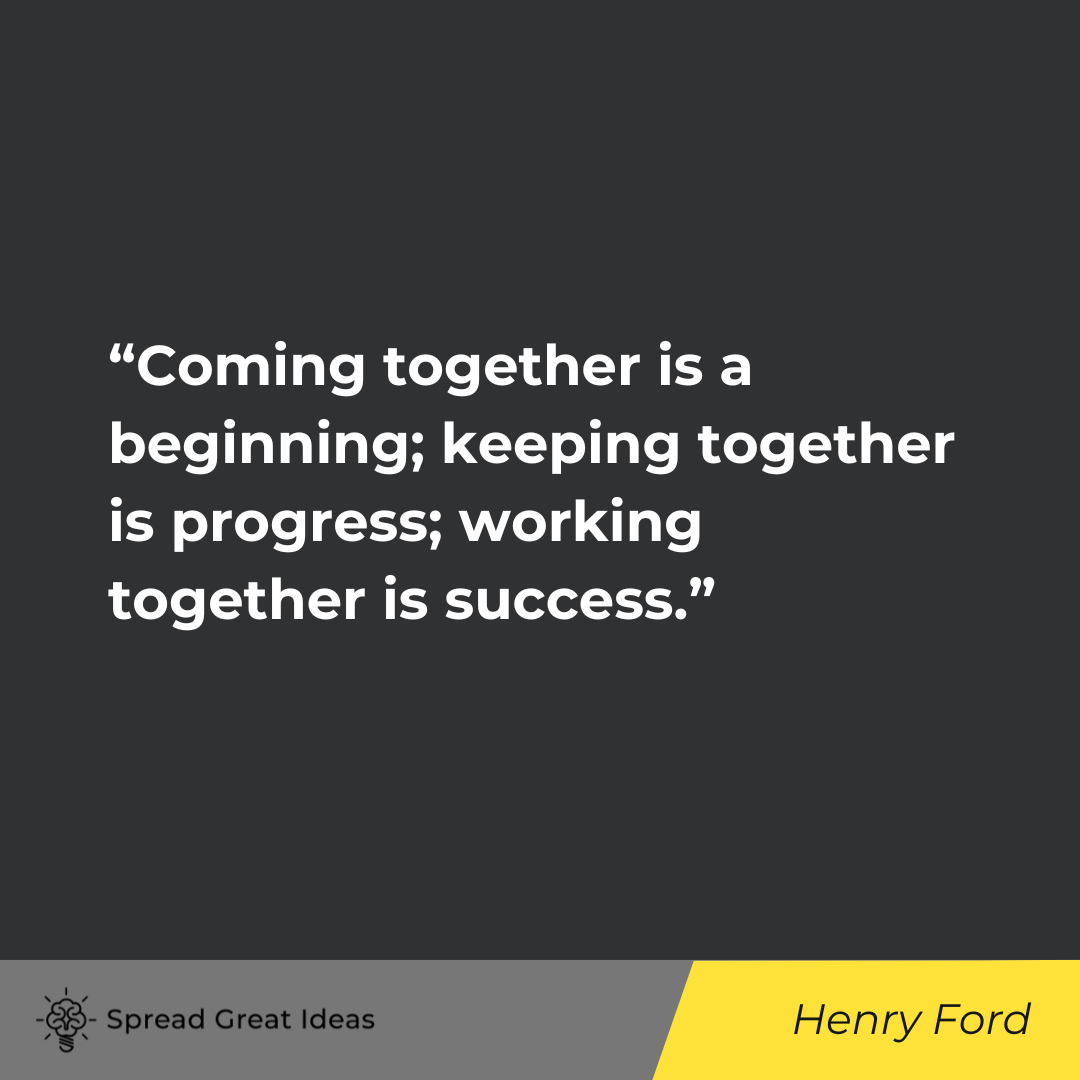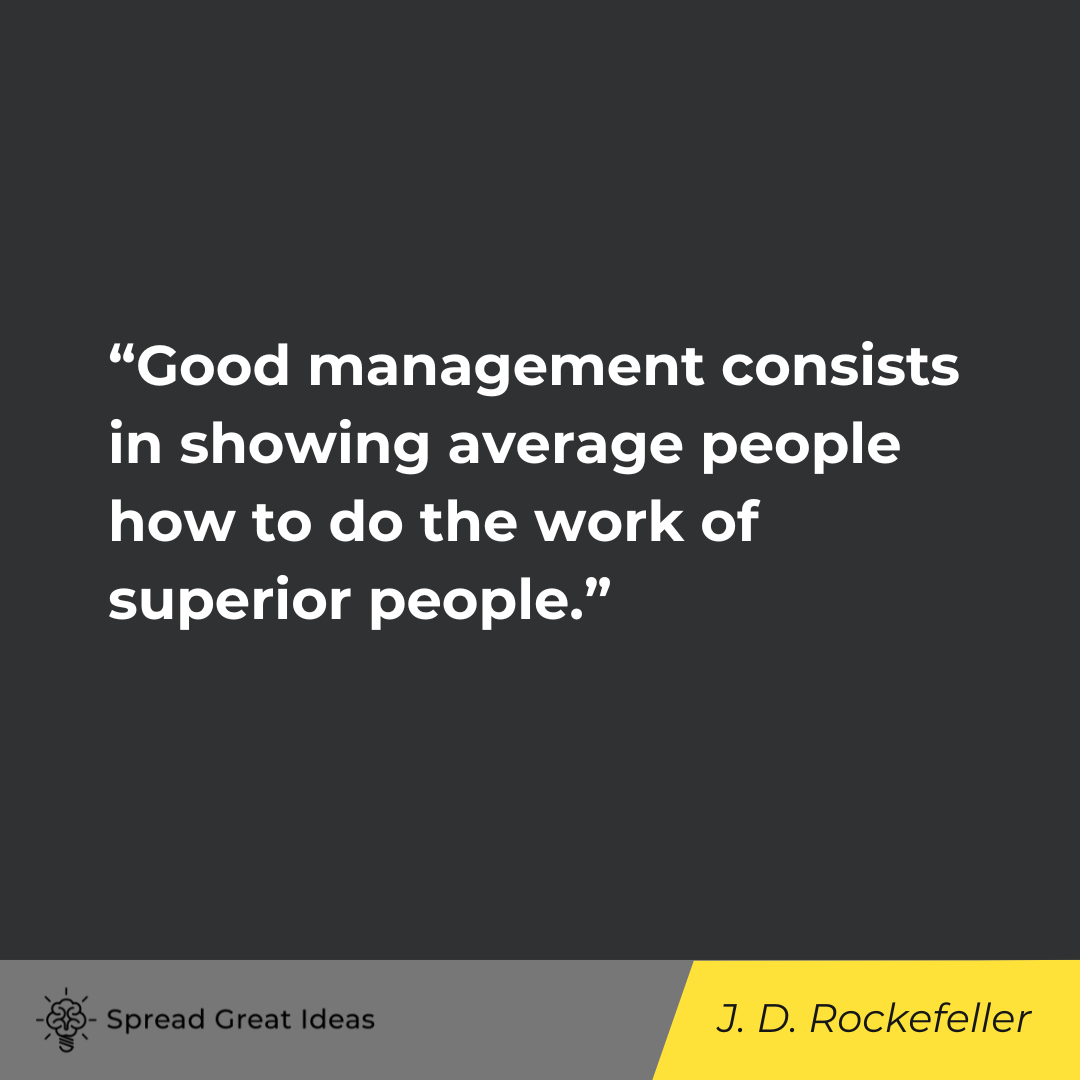Table of Contents

Management is not something that is confined to the corporate world. It is the very essence of leadership.
Leadership does not require a formal title. Indeed, the best titles are simply recognition of what one is already achieving. What’s more, leadership is not about lording one’s position over others, but about bringing out the best in people. It is about maximizing one’s effectiveness by motivating others to do their best.
Leading groups of people is as difficult as it is simple: One simply has to inspire others at all times. When one can get a handle on that, everything else comes naturally.
Strong leaders must know what they can’t do as much as knowing what they can. They must be willing to solicit both counsel and assistance from others whenever it makes the most sense. This wisdom of knowing when to sit down and let someone else take the reins is absolutely crucial for any leader worthy of his name.
We believe that the best leaders build people up, even when they criticize. The following quotes about leadership and management will doubtless get you thinking about how best to inspire others, how to get an entire team pulling in the right direction, and how to herd cats to achieve the unimaginable.
Quotes About Teams and Managing Teams Effectively
Michael Crichton
“His management philosophy, tempered in his rain-dancing days, was always to give the project to whoever had the most to gain from success – or the most to lose from failure.”

Henry Ford
“Coming together is a beginning; keeping together is progress; working together is success.”

Charles de Gaulle
“How can you govern a country which has 246 varieties of cheese?”

Unknown
“Inspect what you expect.”

Ronald Reagan
“Surround yourself with the best people you can find, delegate authority, and don’t interfere as long as the policy you’ve decided upon is being carried out.”

John D. Rockefeller
“Good management consists in showing average people how to do the work of superior people.”

Anthea Turner
“The first rule of management is delegation. Don’t try and do everything yourself because you can’t.”

Dwight D. Eisenhower
“Pull the string, and it will follow wherever you wish. Push it, and it will go nowhere at all.”

Jack Wlech
“Management is all about managing in the short term, while developing the plans for the long term.”

